Una campagna di enrica Bianco
ContattiRecupera la tua password
Inserisci il tuo indirizzo email: ti invieremo una nuova password, che potrai cambiare dopo il primo accesso.
Password inviata
Controlla la tua casella email: ti abbiamo inviato un messaggio con la tua nuova password.
Potrai modificarla una volta effettuato il login.

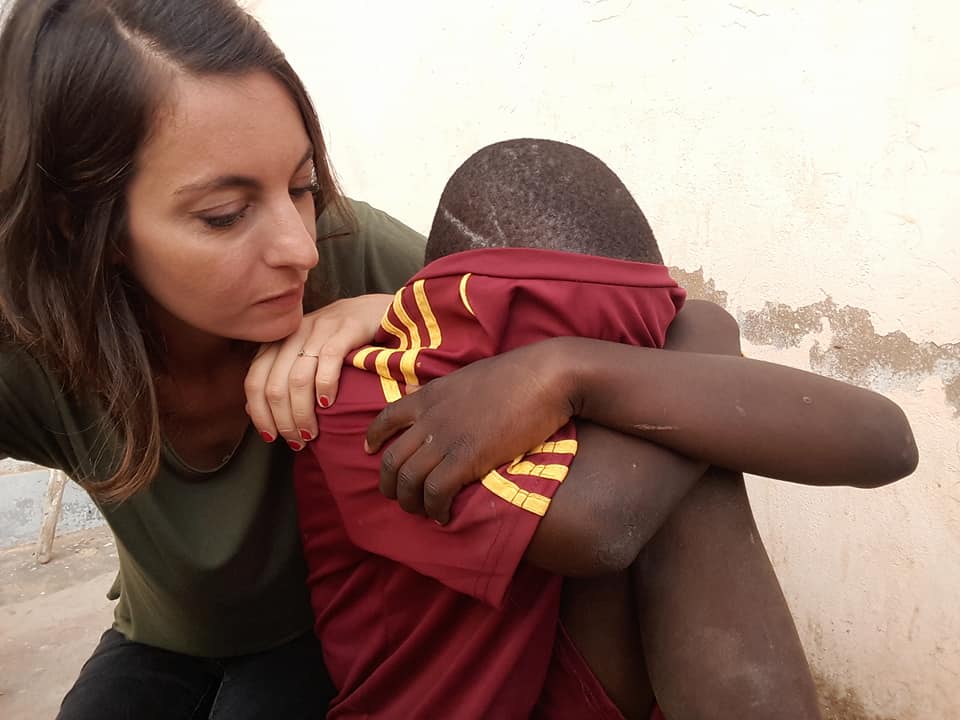
HELP ME TO SUPPORT HEALTH CARE AND BASIC EDUCATION FOR STREET CHILDREN IN SENEGAL
- Raccolti € 9.100,00
- Sostenitori 65
- Scadenza Terminato
- Modalità Donazione semplice Informazioni
Donazione semplice
Scegli la somma con cui vuoi sostenere il progetto e il sistema di pagamento che preferisci tra quelli disponibili. L’autore del progetto riceverà subito la tua donazione.
- Categoria Fundraising personale
Il Progetto
VERIONE ITA IN BASSO
Hello!
My name is Enrica. This year I’m allowing myself to give rather than receive.
A project that was born amidst the dust and heat of Kaolack, a challenge towards myself, the will and energy to do something direct, effective and, above all, transparent. I don’t want to take part in the common thinking that it’s useless, that things don’t change: decisions need to be made, actions need to be undertaken and change is a logical consequence.
Last December I developed an increased concern for one of the many problems that exist in Senegal – since this is where I’ve lived for the past three years. I met Abdoulaye, a 7-year old Talibé who had been run over by a car. Despite his eyes being black and swollen with pain, he wasn’t crying but only trying to send away the flies that were continuously approaching his wounds and the blood on his feet. We picked him up and took him to the hospital, bought him medications…that’s when the journey in the world of Talibés started. We entered it, photographed it, felt it and mostly thought that we should have done something about it. Anything as long as we did something! This is how our first project was born.
You will find more photos than words. All in all, these images don’t need many comments.
Today it’s them, tomorrow it will be something bigger. The important thing is to start and give. The more you give the more you receive. It’s a physical law of nature.
So no! We are not all born equal and with the same rights…and I want to be able to redistribute the opportunities and resources that have been bestowed upon me in this life to those that don’t have them.
THE PROBLEM OF TALIBES
A Talibé is a “coranic student”, a boy whose age is between 4 and 15, who has been sent to a coranic school – Daara – by his parents in order to receive a religious education from a Marabout.
The large part of Talibés come from the poorest regions of Senegal and its neighbouring countries – among which Guinea-Bissau, Gambia and Guinea. Given that the Marabouts don’t possess the financial means to support them and provide them with a quality-education, they force the children into extreme living conditions with mistreatment, negligence and exploitation. In particular, the children are forced to beg in the streets in order to access their quota of food and return with a daily amount of 500 FCFA(equivalent to 0.75 Euros) - an impressive amount considering that half of the population survives with less than 2 dollars per day. These children can travel up to 15km per day on foot in order to collect food and money and are often victims of road accidents. In many cases they can undergo physical violence from the Marabout if they fail to return with the required amount of money.
Coranic education is used by some as a means to economically exploit Talibés making them live at their service and in real conditions of slavery.
LIVING CONDITIONS
The Daaras are buildings that are located in the poorest city areas in a state of complete degradation and with unsanitary conditions: with no water, no electricity and often no walls or rooves.
A Daara hosts between 50 and 100 children on average who all sleep on the floor piled against each other, often without mattresses or covers.
Toilets are often in open-air, made by digging out a hole in the ground with no discharge channels thereby contributing to the proliferation of dangerous bacteria.
Living conditions of the talibés in these schools are of extreme poverty: no food, no health facilities, mistreatment and forced to live in disastrous health conditions and to spend most of their day begging in the streets being subject to danger and violence.
Talibés are often not only victims of violence. An 18-year-old Talibé once reported to Human Rights Watch the following:
“I was imprisoned for two years in a “cell” in my Daara in Diourbel because I didn’t want to learn. For all this time I slept in this cell: I ate, I slept and went to the toilet. Our legs were tied up with chains. The boys that attempted to escape were punished and beaten.”
These boys suffer from acute and severe malnutrition as well as other illnesses including ringworms, scabies, malaria, yellow fever, skin infections, burns, physical injuries, dental problems.
Aside from memorizing the Coran, the talibés don’t receive a proper education in the Daaras and therefore remain excluded from the formal education system. Since they don’t go to school, these boys grow up being marginalized, discriminated, unable to read and write and consequently without the necessary skills to enter the labour market. Their future perspectives are extremely limited. Once they are adults and exit the Daaras, many of these children are unable to have any work aspirations.
From a social point of view, the Talibé problem is complicated to solve, mainly because it is strongly linked with the poverty of families who send them to study with Marabouts since they are unable to provide for them. Moreover, the figure of the Marabout is strongly rooted in the Senegalese culture and tradition thereby benefitting from an indisputable authority.
THE PROJECT
Through a local organization Janghi Onlus (http://www.janghionlus.com) we have identified some Marabouts with whom to collaborate in various Daaras in Dakar and we intend to deliver the essential – from health to education – to improve the talibés’ living conditions in these Daaras.
The fundamental criterion to select the Daaras was the Marabouts’ will to collaborate with us in order to send his talibés to school and benefit from good health.
Main components are:
- Medical Assistance
- Medical and nutrition visits, vaccines, treatments, etc.
- Raising awareness for health and hygiene within Daaras in favor of Talibés and Marabouts
- Training Talibés in First Aid themes
- Raising awareness among Marabouts concerning child rights
- Restructuring Daaras in order to make them suitable for living
- Construction/restructuring of hygienic services, floors, walls, rooves, etc.
- Complete pest control within the structures
- Equipment: delivery of essential material (e.g. mattresses, hygiene products, et)
- Providing quality education to Talibés
- Inserting Talibés into formal education
- Supporting educational expenses
- Provision of school and didactical material
- Nutritional support to the Daaras to avoid begging on behalf of the children
- Provision of adequate school material (uniforms, school bags, boards, pencil-cases, notebooks, books, etc.)
Some important points to remember:
- The right to health and education is a fundamental human right that has to be guaranteed to every child without any discrimination (race, age, religion etc.)
- Talibés are excluded children form the national educational system
- Our approach: We do not support any religion. Instead we propose an alternative to a religious education by giving Talibés the possibility to attend a nonreligious school and to ensure them a better life.
ITALIANO
Ciao!
Mi chiamo Enrica. Quest'anno mi dò l'opportunità di dare più che di ricevere.
Un progetto nato tra la polvere e il caldo di Kaolack, una sfida nei confronti di me stessa, la voglia e l'energia di voler fare qualcosa di diretto, efficace ma soprattutto trasparente. Non voglio far parte di chi pensa che tanto non serve a nulla, che le cose non cambiano: le decisioni vanno prese, le azioni intraprese, i cambiamenti sono una logica conseguenza.
Lo scorso dicembre mi sono avvicinata a una delle tante problematiche che esistono in Senegal - perchè è qui che vivo da circa tre anni. Io e Cate abbiamo incontrato Abdoulaye, un talibé di 7 anni che era stato travolto da una macchina. Aveva gli occhi neri e gonfi dal male, eppure non piangeva, cercava solo di togliere le mosche che gli si attaccavano continuamente alle ferite e al sangue sui piedi. Lo abbiamo preso e portato in ospedale, comprato i medicinali ... da lì è cominciato il viaggio nel mondo dei talibés. Ci siamo entrate dentro, lo abbiamo fotografato, sentito e soprattutto pensato che avremmo dovuto fare qualcosa. Qualsiasi cosa, ma fare! Da qui nasce il nostro primo progetto.
Troverai più foto che parole. Alla fine queste immagini non hanno bisogno di molti commenti.
Oggi sono loro, domani sono sicura che sarà qualcos'altro di ancora più grande. L'importante è cominciare e dare.Più dai e più ricevi, è una legge fisica della natura.
Quindi no! Non siamo nati tutti uguali e con gli stessi diritti... E io voglio poter ridistribuire le opportunità e le risorse che mi sono state date in questa vita a chi non ne ha, facendo crescere il tutto geometricamente ...
IL PROBLEMA DEI TALIBES
Un Talibé è uno "studente coranico", un ragazzo di un’età compresa tra 4 e 15 anni, mandato dai suoi genitori nelle scuole coraniche - Daara - a ricevere un’educazione religiosa da parte del Marabout.
La maggior parte dei talibés vengono delle regioni più povere del Senegal e dai paesi vicini, tra cui la Guinea-Bissau, il Gambia e la Guinea.
Dal momento che i Marabout non posseggono i mezzi finanziari per mantenerli e fornirgli un'istruzione di qualità li costringono a condizioni di vita estrema, a forme di maltrattamento, negligenza e sfruttamento. In particolare, li obbligano a mendicare per strada la loro quota di cibo e a dover portare una somma di 500 FCFA al giorno (ovvero 0.75 Euro) - una cifra considerevole in un paese in cui la cui metà della popolazione vive con meno di due dollari al giorno. Questi bambini possono arrivare a percorrere fino a 15 km al giorno per poter trovare del cibo e i soldi; sono spesso vittime di incidenti stradali. In molti casi se non riescono a portare al Marabout la cifra docuta possono subire violenze fisiche.
L'educazione coranica è utilizzata da alcuni come pretesto per sfruttare economicamente i talibés facendoli vivere al proprio servizio e in condizioni di vera propria schiavitu.
CONDIZIONI DI VITA
Le Daara sono strutture che si trovano nelle zone più povere delle città, in uno stato di totale degrado e insalubrità: senza acqua, né elettricità, spesso senza mura e tetti.
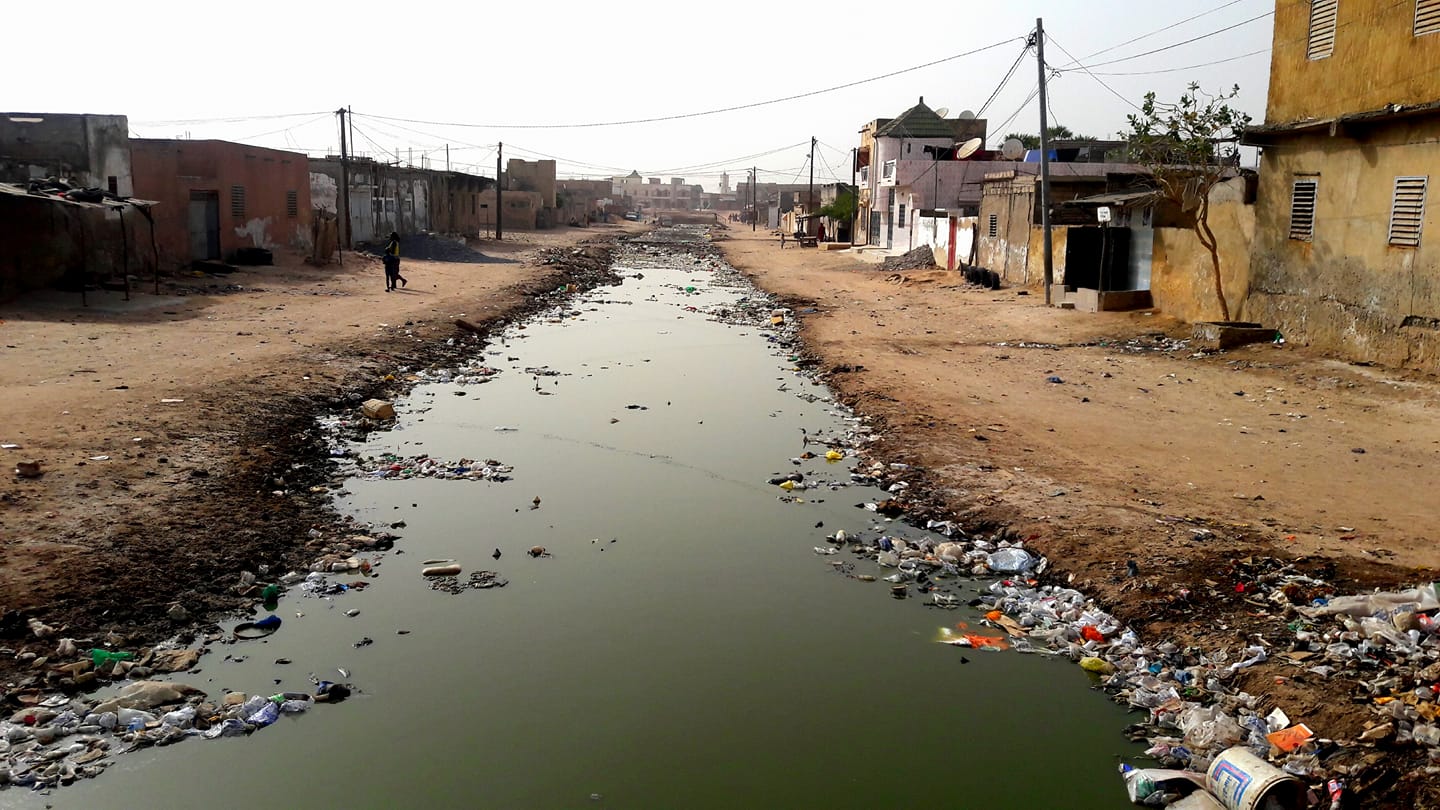 Dintorni di una Daara a Kaolack
Dintorni di una Daara a Kaolack
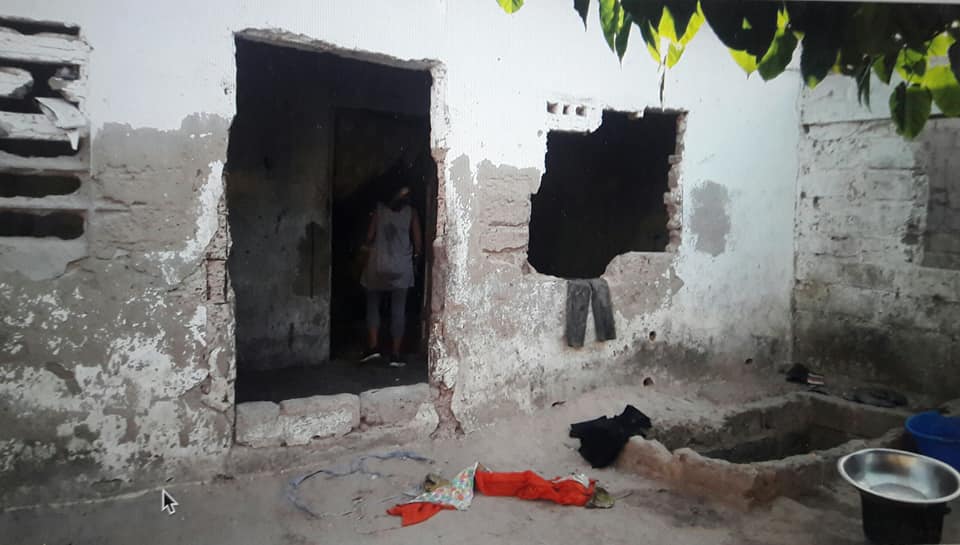 Daara di Tioffack a Kaolack
Daara di Tioffack a Kaolack
In una Daara vivono in media tra i 50 e i 100 bambini i quali dormono ammassati l'uno all'altro per terra, spesso senza materassi nè coperte.
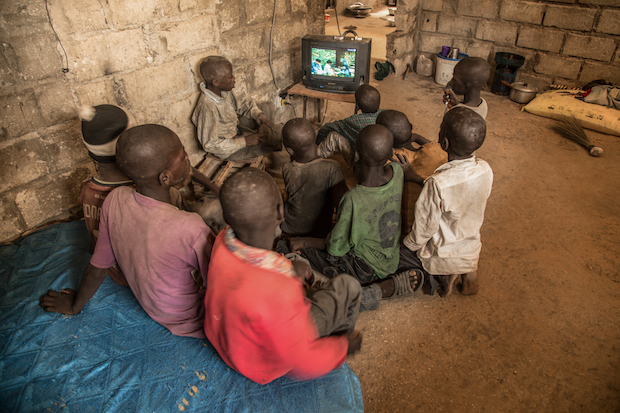
I bagni sono spesso all’aperto, ricavati facendo una fossa nella terra senza canali di scarico e contribuendo alla proliferazione di batteri pericolosi.
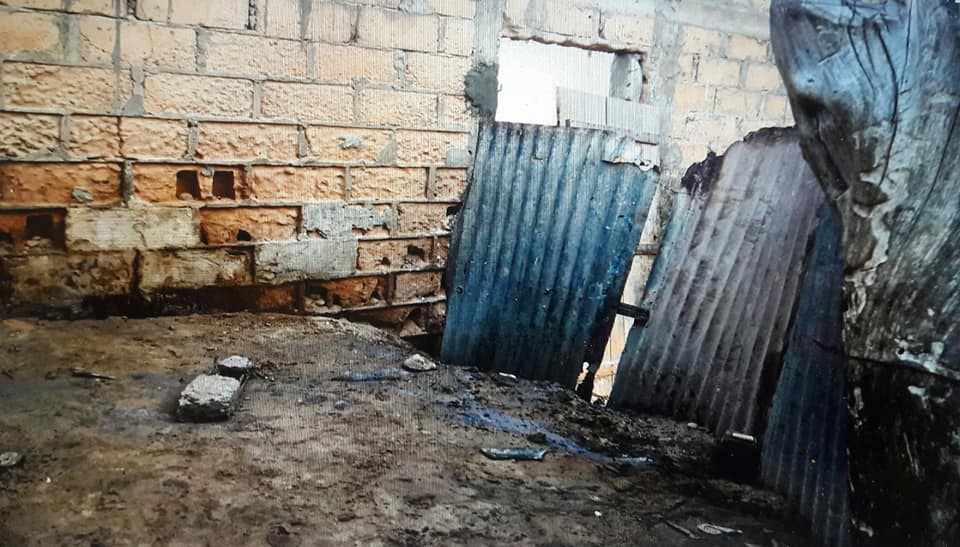 Bagno della Daara di Tioffack, Dakar
Bagno della Daara di Tioffack, Dakar
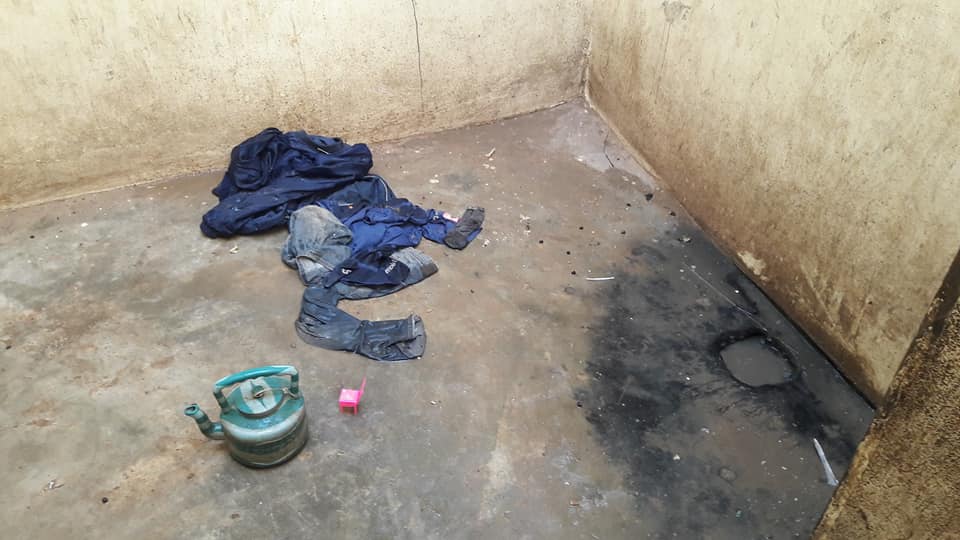 Bagno della Daara di Parcelles Assainies, Dakar
Bagno della Daara di Parcelles Assainies, Dakar
Le condizioni di vita dei talibés in queste scuole sono di estrema indigenza: senza cibo, privi di cure sanitarie, maltrattati e costretti a vivere in condizioni igieniche disastrose, obbligati a trascorrere gran parte della giornata per le strade a mendicare, esposti a pericoli e violenze.
I talibés sono spesso vittime di violenze fisiche e non solo. Un talibé de 18 anni ha riportato a Human Rights Watch:
" Sono stato imprigionato per due anni in una "cella" nella mia daara a Diourbel perché non volevo imparare. Ho vissuto tutto questo tempo lì dentro: mangiavo, dormivo e andavo in bagno. Le nostre gambe erano legate a delle catene. I ragazzi che hanno tentato di fuggire sono stati puniti e picchiati " .
(Human Rights Watch)
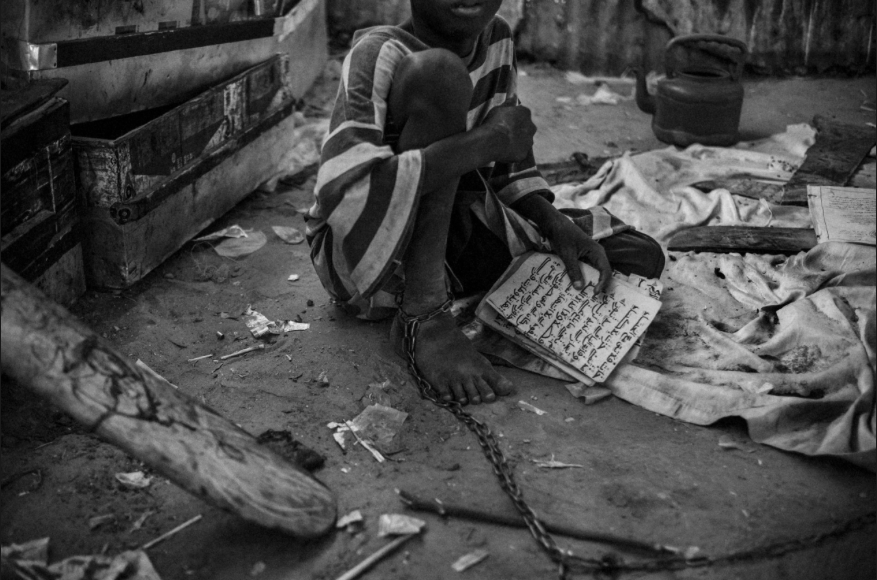 Un talibé incatenato per evitare che fugga dalla Daara
Un talibé incatenato per evitare che fugga dalla Daara
Questi ragazzi soffrono di malnutrizione acuta e severa e altre malattie tra cui la tigna, scabbia, malaria, febbre gialla, infezioni cutanee, bruciature, lesioni fisiche, problemi dentali.
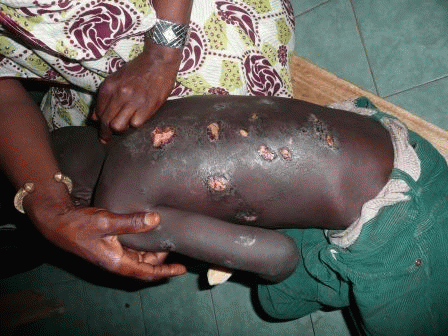
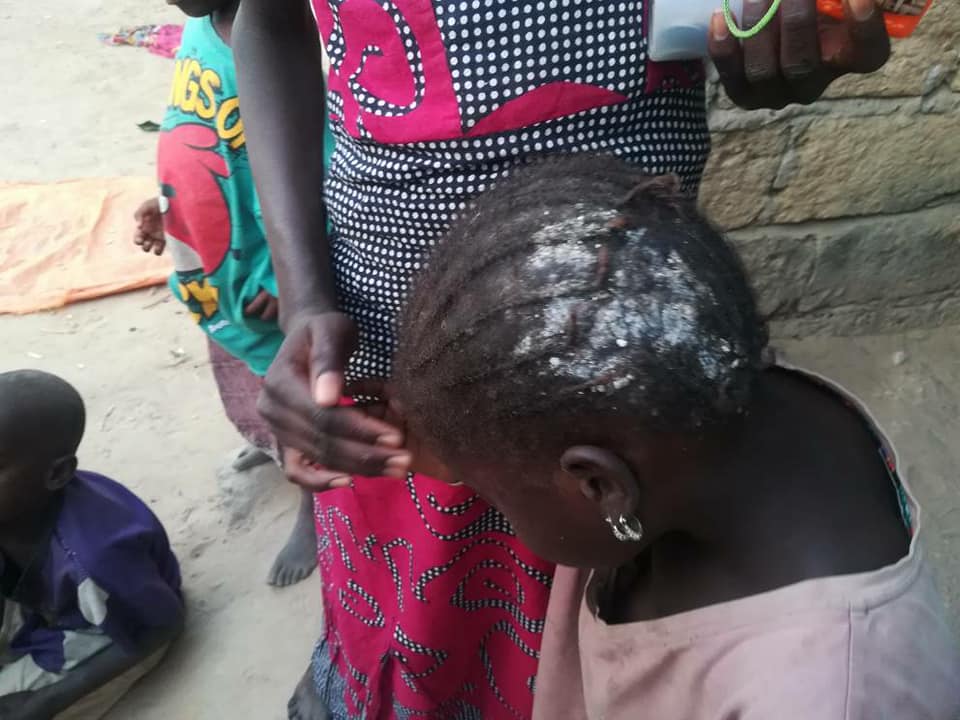
Nelle Daara al di là della memorizzazione coranica, i talibés non ricevono una vera e propria educazione e rimangono emarginati dal sistema scolastico formale. Non frequentando la scuola, questi ragazzi crescono esclusi, discriminati, senza saper leggere né scrivere e senza gli strumenti necessari per inserirsi nel mondo del lavoro. Le prospettive per il loro futuro sono molto limitate. All’éta adulta, una volta usciti dal Daara, molti di questi bambini non riescono ad avere prospettive lavorative.
Dal punto di vista sociale, il problema dei talibés è di difficile soluzione, innanzitutto perché fortemente connesso all’estrema povertà delle famiglie che, non potendo mantenere i propri figli, decidono di mandarli a studiare presso i marabout. Inoltre, la figura del marabout è fortemente radicata nella cultura e nella tradizione senegalese e gode di un’autorità inviolabile.
COSA PROPONGO
Soltano dopo l'essere sani possiamo parlare di tutti gli altri diritti. Portare Abdoulaye in ospedale a Kaolack e rendersi conto dell'assenza di medici competenti, di strutture e di medicinali ci ha fatto riflettere sul fatto che curarsi è un privilegio per pochi e che non avere neanche 1.000 FCFA ( ovvero 1.50 Euro) per pagare una mendicazione ti cambia la vita. Lui grazie al nostro aiuto è riuscito a farsi curare, altri no.
Abbiamo identificato i Marabout con cui poter lavorare in alcune Daaras tra Dakar e Kaolack e vogliamo portare l'essenziale - tra salute ed educazione - per poter migliorarne le condizioni di vita dei Talibés che ci vivono.
Il criterio fondamentale di scelta è stata la volontà del Marabout nel voler collaborare con noi, ovvero la sua volontà nel mandare i propri Talibés a scuola e essere in buona salute.
1. ASSISTENZA MEDICA AI TALIBES
- Visite mediche e nutrizionali, vaccinazioni, cura etc.
- Campagna di sensibilizzazione in salute e igiene nelle Daaras a favore dei talibés e dei Marabout
- Formazione dei Talibés in tematiche di Primo Soccorso
- Sensibilizzazione dei Marabout in diriritti dei minori
2. FORNIRE UN'EDUCAZIONE DI QUALITA AI TALIBES
- Inserimento dei talibés nella scuola formale
- Sostegno delle spese scolastiche
- Fornitura di materiale scolastico e didattico
- Supporto alimentare alle Daara per evitare che i bambini mendichino per strada
- Fornitura di attrezzature scolastiche necessarie (divisa, cartella, lavagnetta, astuccio, quaderni, libri ecc.).
Seguitemi e avrete dettagli su tutto quello che faremo nei prossimi mesi. Per qualsiasi cosa contattatemi e risponderò a tutte le vostre domande.
Gallery
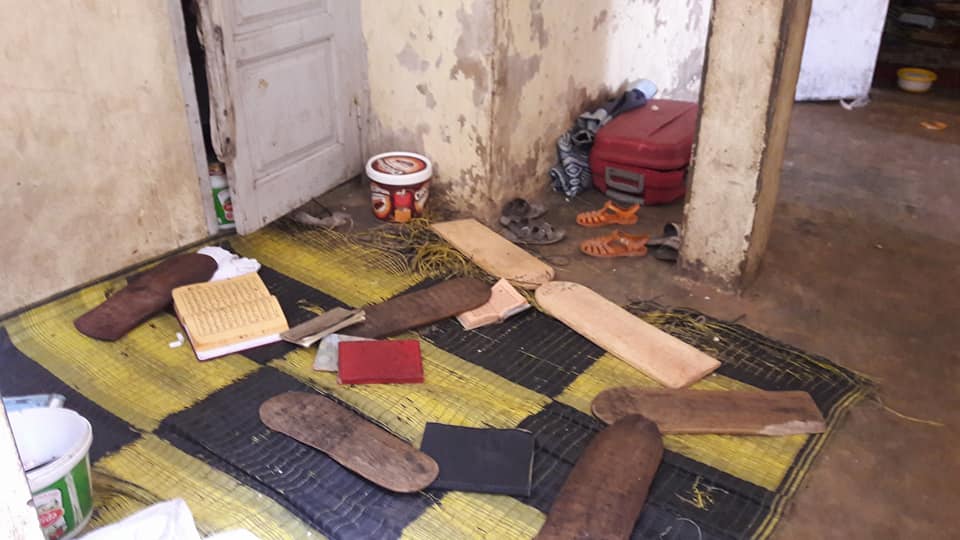
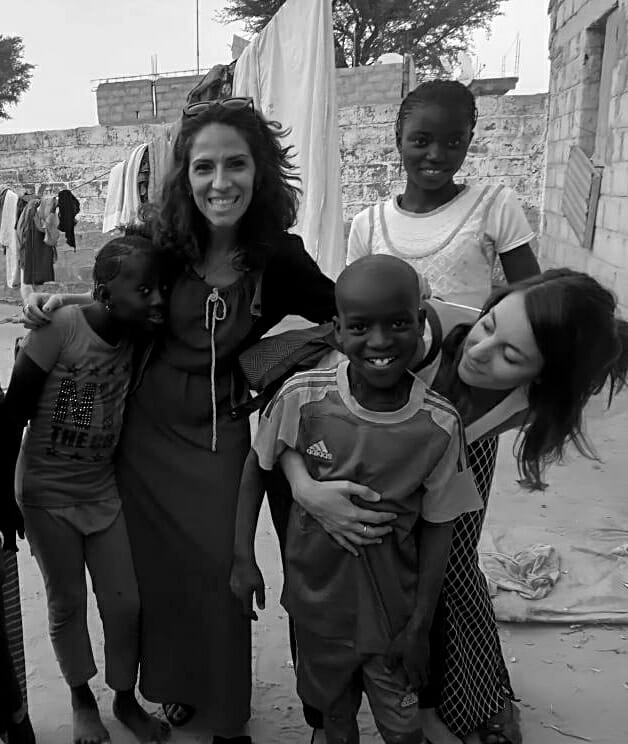
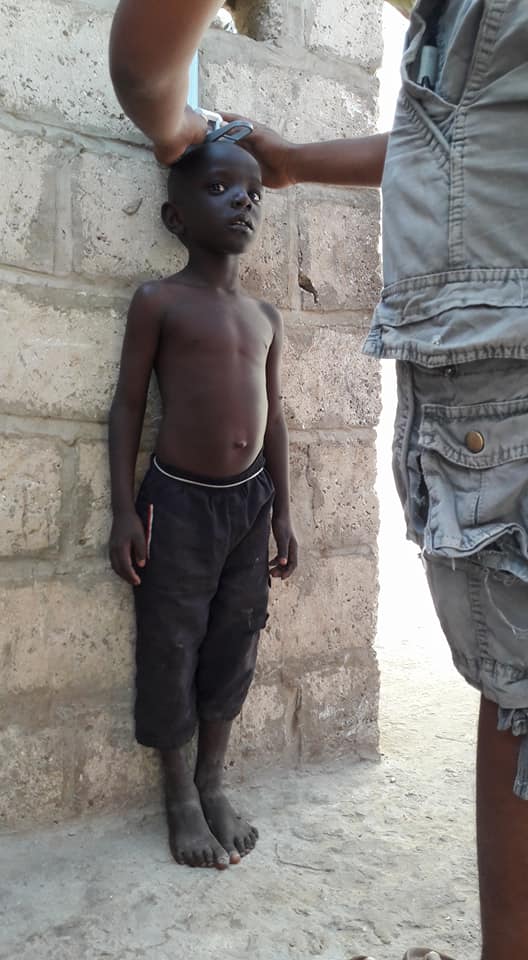
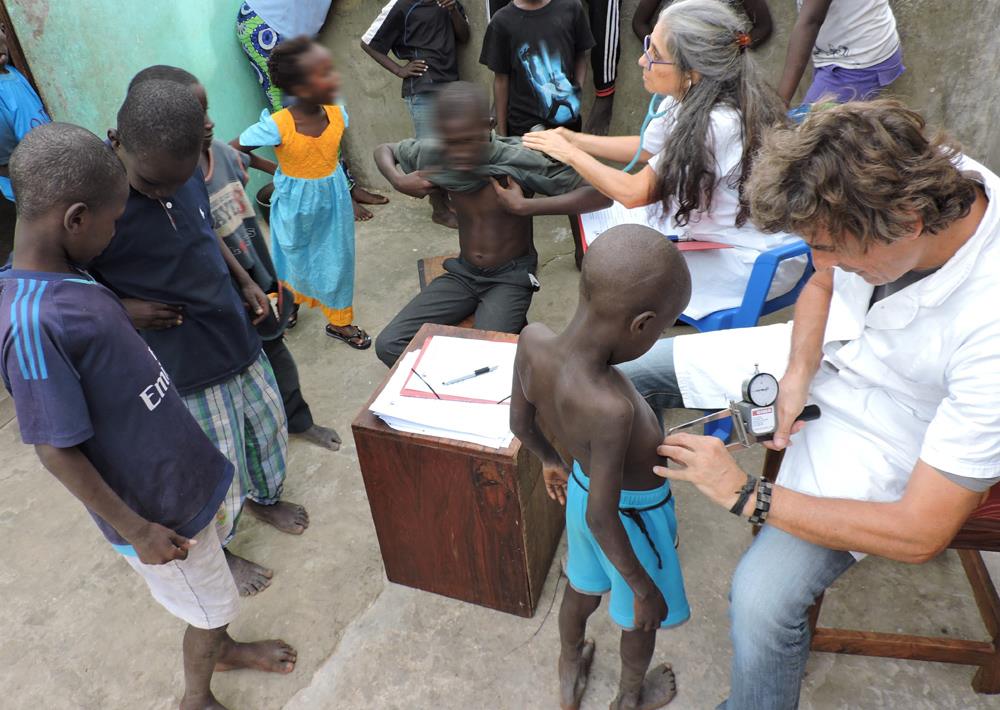
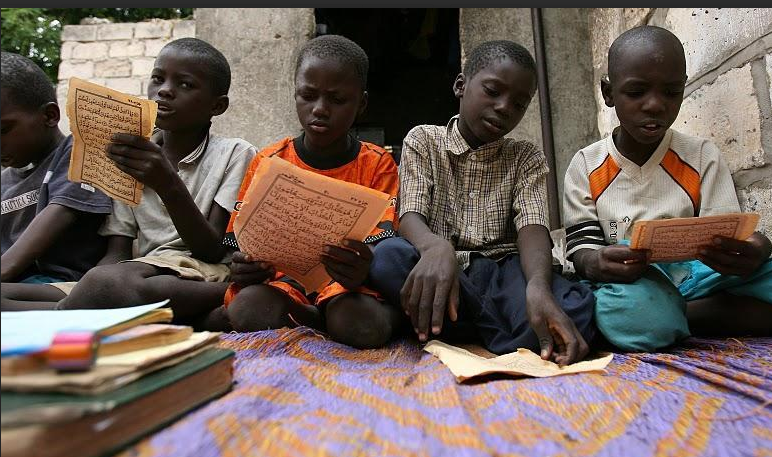
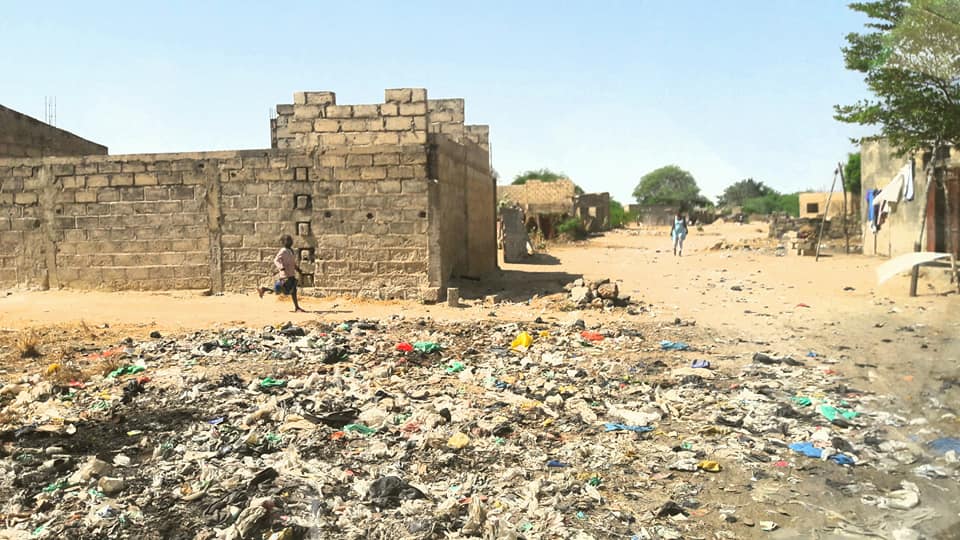
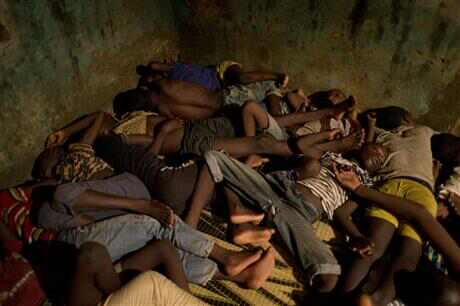
Questo progetto ha segnalato obiettivi di sviluppo sostenibile
Gli obiettivi di sviluppo sostenibile (SDGs) costituiscono una serie di 17 obiettivi concordati dall'Organizzazione delle Nazioni Unite.
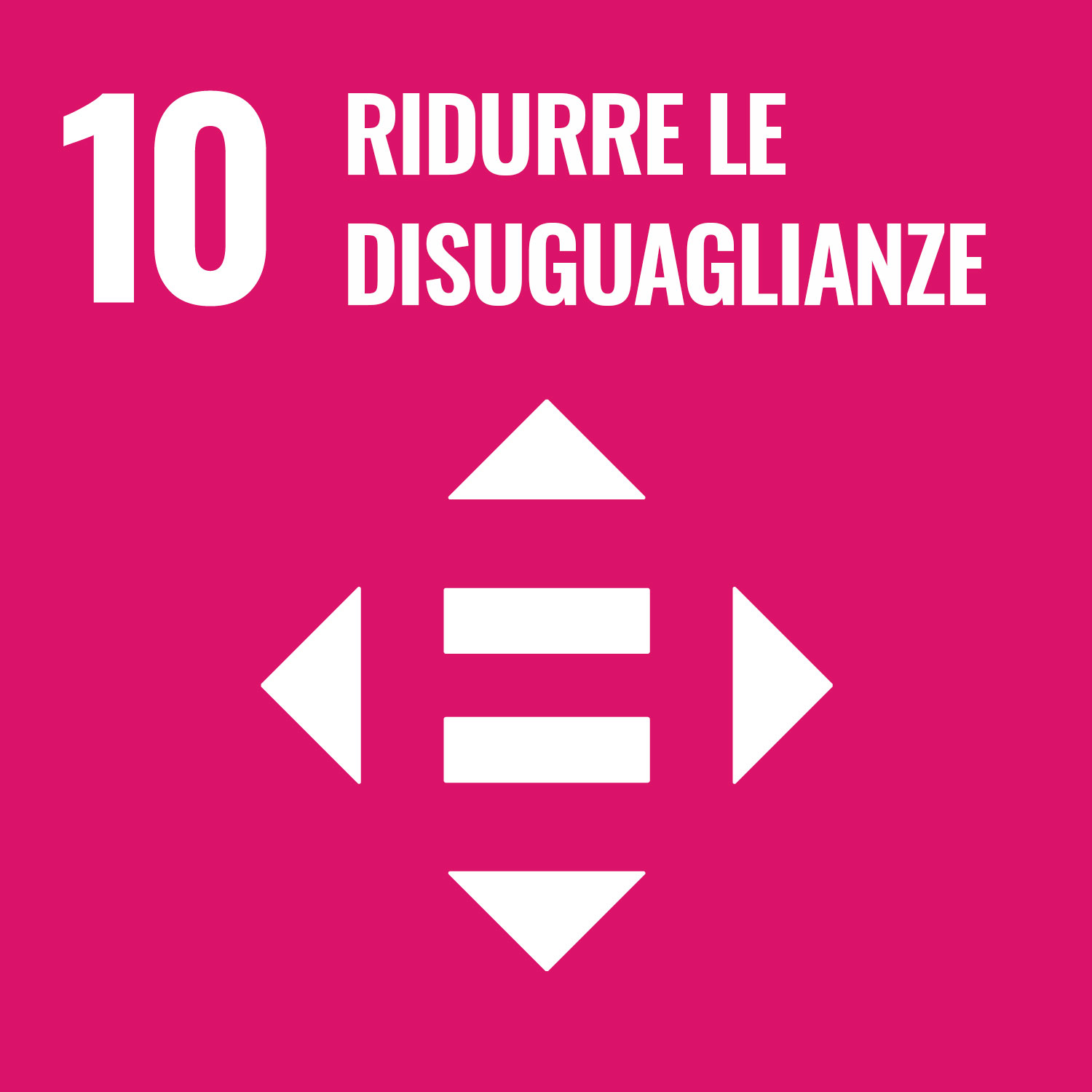
10. Ridurre le disuguaglianze
Ridurre le diseguaglianze: ridurre le disuguaglianze all'interno e tra i paesi;
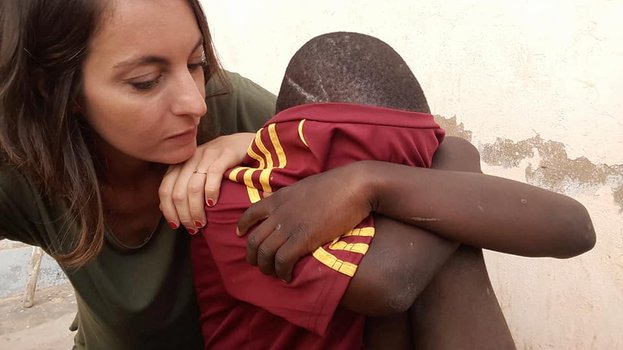
Commenti (14)